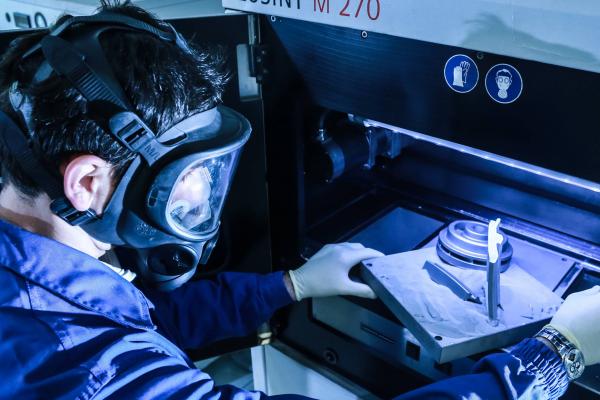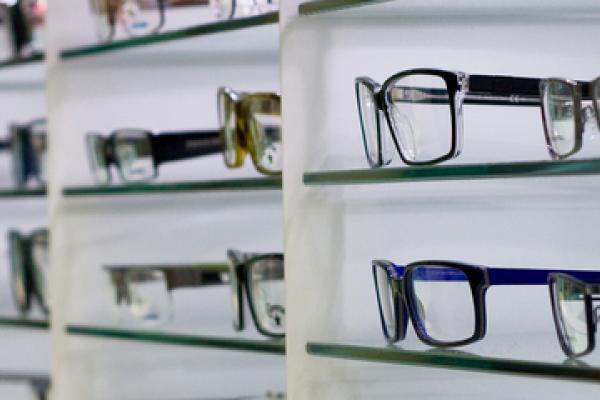3D printing the future
In April, Horizon learns about devices that can print liquefied food, machines to make personalised spectacles, and the research that is paving the way for the printing of implants using live cells.
We look at the role of 3D printing in personalised healthcare, including made-to-measure spectacles and insoles that fit a patient’s feet, and technology that could one day enable doctors to 3D print implants using the body’s own cells.
Consultant Dr Phil Reeves gives his views on how Europe can build the momentum required to turn 3D printing into mass-scale personalised production, and lawyer Joren De Wachter explains why 3D printing has new implications for copyright and intellectual property laws.
Horizon has also produced an interactive timeline, based on the EU’s first 3D printing roadmap, which looks into the far future of 3D printing. To find out whether that future includes a Star Trek-style replicator, we recorded an interview with Marcel Slot, the man who coordinated the roadmap project.
Using light as an energy source, photosynthetic microalgae can be used to produce products like biofuels and cosmetics. But algae grown in a reactor block out the light on which they feed. New reactor designs could solve this problem and help the industry move forward.
Copyright law will struggle to be relevant for 3D-printed material, according to Joren De Wachter, an intellectual property strategist who advises companies and investors on the best way to use, understand and value the intellectual property of 3D-printed goods.
3D printing is poised to transform the world as we know it. Consumer goods will be personalised and produced on demand, while manufacturers will be able to use 3D printing to come up with radical new designs for everyday objects. But how will this happen, and when?
Dr Phil Reeves, managing director of Econolyst, a global 3D printing consultancy, believes research needs to be coordinated across the EU to push forward 3D printing and give us mass-personalised goods made locally, on demand.
Made-to-measure glasses would be more comfortable than normal ones, look better and work more effectively, according to one of a group of research projects that are developing ways to 3D print healthcare products on demand.
Bi-weekly news alert
The best Horizon stories, delivered to your inbox
Subscribe now






